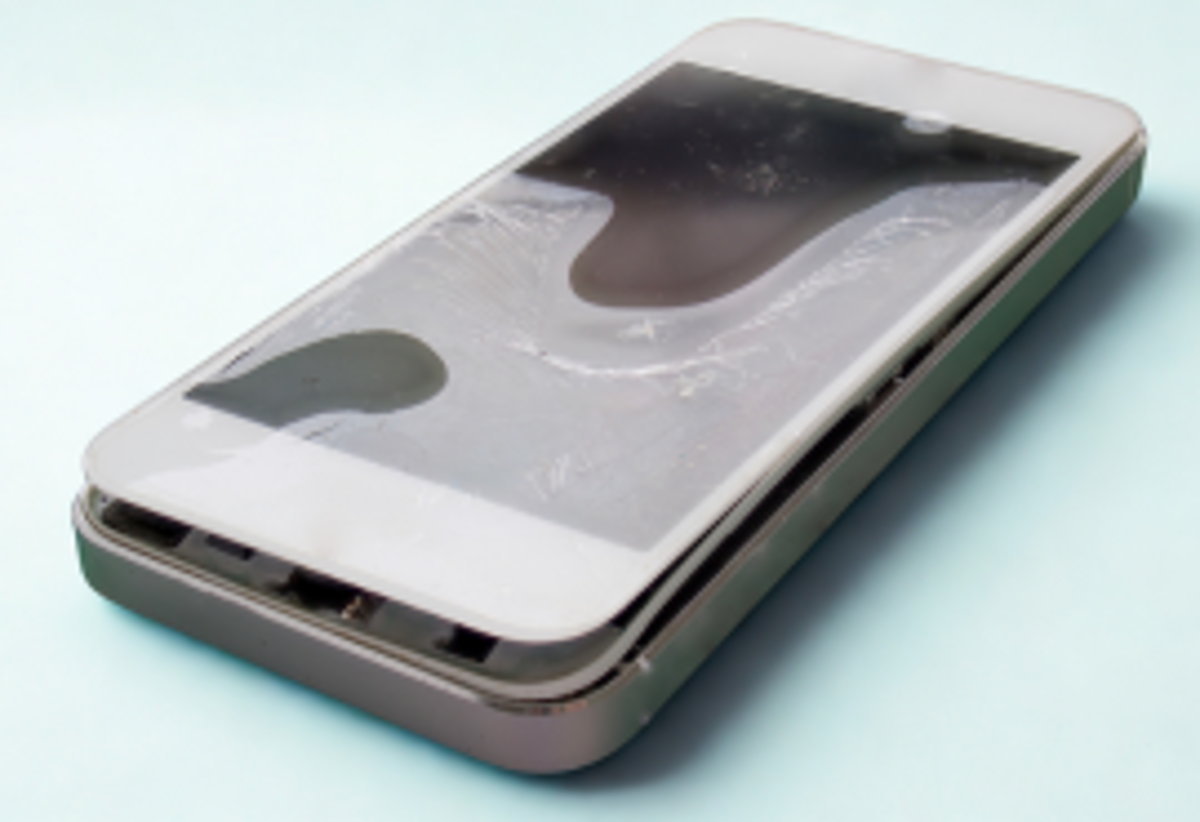- Dog and animal management
- Cemeteries
- Fees and charges
- Reusing, recycling, and waste
- Roads, transport and parking
- Business licences and permits
- Waters
- Noise control
- Grants and funding
- Council facilities for hire
- Council properties
What to do with damaged lithium-ion batteries
Lithium-ion batteries are a part of everyday life – but if damaged, they can become a serious fire risk.
Whether you're dealing with small household batteries, damaged electronics, or other hazardous waste, it's essential to follow safe handling practices and know your disposal options.

Your personal safety
Damaged and/or swollen lithium-ion batteries are dangerous and can ignite without warning. If you notice a device overheating or swelling, take extreme caution. Fires can start in seconds and escalate rapidly.
Never underestimate the risk. Do not put yourself or others in danger by attempting to handle a damaged and/or swollen battery unless you're confident it's safe to do so.
Fire and Emergency NZ safety advice
Fire and Emergency New Zealand (FENZ) has detailed guidance for safely managing damaged or overheating lithium-ion batteries:
- Overheating batteries: If a small device starts to overheat and it’s safe to do so, place it in a bucket of water outside to reduce fire risk.
- Buy safely: Only purchase devices and batteries from reputable brands, and use the charger that came with the device or a certified alternative with matching specs.
- If handling a damaged battery (only if safe, and with PPE):
- Store in a non-combustible sand-filled container at a minimum.
- The preferred method is multiple layers packed in vermiculite, stored outdoors away from flammable materials.
- Do not remove batteries from phones, laptops or tablets unless properly trained – their casings protect the internal battery.
In rare situations, a small, damaged battery may be encased in quick-set concrete, placed in an inert solid container, and taken directly to a Transfer Station for landfill disposal.
For more information and safety resources, visit the FENZ lithium-ion battery safety page.
Where to take damaged batteries
The Southern Landfill in Wellington is the only site in the region that accepts up to 20kg of hazardous household waste, including damaged batteries.
- Hazardous items must be separated from general rubbish.
- Do not place hazardous waste in the Transfer Station pit.
- Take it to the Hazardous Waste Storage Facility, located to the right of the Transfer Station entrance.
Proper disposal helps protect the environment and reduces fire risk.
Learn more at the Wellington City Council website.
What WasteMINZ is doing about the problem
WasteMINZ, the Waste and Recycling Industry Forum, has been working on battery recycling and disposal issues faced by members for some time. A key focus is product stewardship – a system where manufacturers and distributors are held responsible for the entire lifecycle of their products, including safe end-of-life disposal. WasteMINZ continues to push for improved regulations and infrastructure on behalf of its members, which include Territorial Authorities and key players in the recycling and waste industry.
Read more about the industry’s advocacy efforts in WasteMINZ’s urgent call for action on battery fires and disposal.
Undamaged battery recycling options
Undamaged small household batteries, including small household lithium-ion batteries, can be recycled at many disposal points countrywide, including here in Kāpiti.
Since June 2023, we've offered free drop-off points for undamaged small household batteries at our three libraries as part of our battery recycling trial.
When dropping off batteries for recycling, please tape the ends of all AA/AAA, C, D and button/coin cell lithium-ion batteries.
E-Waste
Many electronic waste items can be dropped off at the e-waste containers at the Otaihanga Transfer Station. Check which items are accepted before you go.
Undamaged and complete cell phones can be recycled via local drop-off points. See REMOBILE for drop-off locations.
Other e-waste options locally include via most big box electrical retailers. See TechCollect NZ for drop-off locations.
If you have concerns about battery disposal, we recommend you contact the manufacturer or retailer first, as your purchase agreement is with them. For example, Apple offers free recycling for undamaged products, though pick-ups must include a computer or monitor.